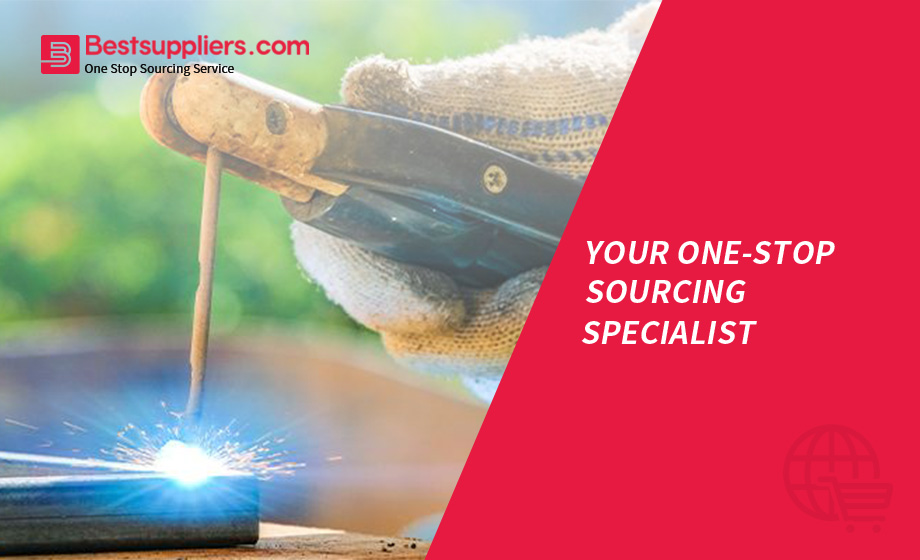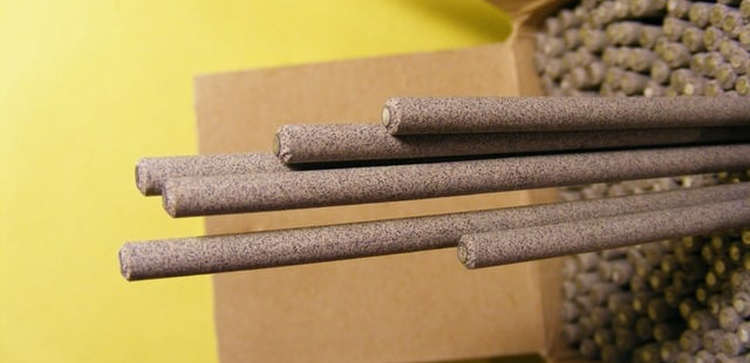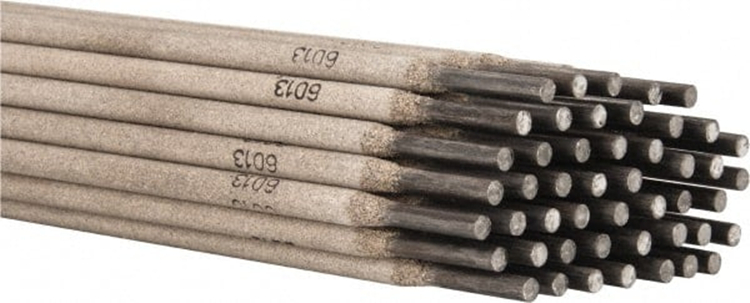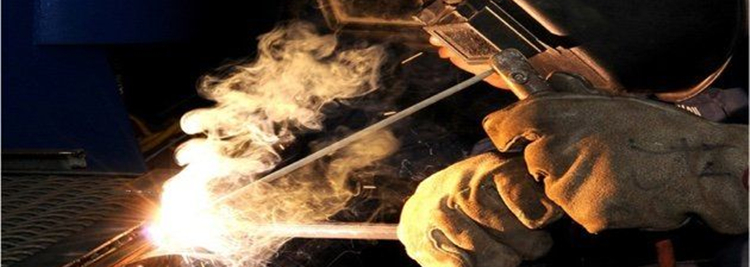All Types of Welding Rods: What is a 7024 Welding Rod?

Welding requires lots of techniques and tools. A welding rod (also called a welding electrode) is an important factor to consider before starting the welding process. If you’re a welding amateur or a professional welder, you can acquire some basic but professional knowledge about welding robs in this article.
What is a Welding Rod?

A welding rod is a long piece of filler metal evenly coated with metal and mineral powder for arc welding. The welding rod consists of a core and a coating. The weld core is generally a steel wire with a certain length and diameter. In order to ensure the quality and performance of welding rods, there are strict regulations for metal elements in the welding core, especially for harmful impurities (such as sulfur, phosphorus, etc). During welding, the welding core has two functions: one is to conduct welding current and convert electric energy into heat energy; the other is to melt and join metals. In short, a welding rod is used as an electrical conductor and a source of filler metal.
Types of Welding Rods
Non-Consumable Electrodes
A non-consumable electrode, made of materials with high melting points, does not melt or change its properties throughout the entire welding operation. The only issue when using non-consumable electrodes is that fillers must be manually fed. These non-consumable electrodes include Carbon Electrodes and tungsten electrodes.
Consumable Electrodes
In contrast to non-consumable electrodes, consumable electrodes can be melted and consumed during the welding process in order to close the gap between the parent metal and the other metal part while using these filler electrodes. As one of the most popular electrodes, the consumable electrode is commonly shown as a stick, solid, and flux-cored wire. These consumable electrodes include Light-Coated Electrodes, Medium-Coated Electrodes, Heavy-Coated Electrodes.
Other Typical Types of Welding Rods

Stainless Steel Welding Rods
A stainless steel welding rod for hard facing is the most often used welding rod because it can supply and maintain consistent weld quality regardless of how the weather and temperature impact it.
Aluminum Welding Rods
Aluminum Welding Rods have diverse applications and can combine several aluminum alloys as well as pure aluminum. It enables deposits that are rich, dense, porosity-free, and crack-free, as well as high-quality welds.
Bronze Welding Rods
Bronze welding rods are almost exclusively designed for connecting copper to metals or repairing bronze workpieces. They are also used in brazing, which requires the use of a filler metal. It has a lower melting point than nearby metals in this case to bridge the space between the workpieces.
How to Choose Welding Rods by Numbers?
The use of welding rods needs to be well thought out. Different sizes of welding rods have different purposes. If you use the wrong one, you can't guarantee the welding strength and need to re-weld. However, you can choose the right welding rods by their numbers.
Numbers | Advantages | Disadvantages | Applications |
6010 Welding Rod | Widely used, can be applied for deep penetration welding. | Only used with DC welding equipment; hard to handle. | Welding pipes |
6011 Welding Rod | It can operate on either alternating or direct current. | It may produce flat weld beads, which are not good on the surface. | Welding thicker materials |
6012 Welding Rod | Used for multi-purpose, well-known for its ability to produce a good, stable arc. | Have to clean the thick waste material after welding | non-critical welding |
6013 Welding Rod | Suitable for AC and DC, it can generate a gentle arc | If not used correctly, it will leave a heavy slag formation. | welding mild steel surfaces |
7018 Welding Rod | Protecting the weld bead from moisture and air damage. | Not suitable for novice operators | Welding mild-carbon steel |
| 7024 Welding Rod | With high iron powder concentration, accelerates the rate of deposition | Only intended for use in flat or horizontal positions. | High-speed flat welding |
Considerations for Selecting a Welding Rod
The selection of appropriate welding electrodes is a difficult task because we must consider numerous factors before deciding on the best option.
Base Materials
One of the most important factors to consider when choosing an electrode is the base metal. It’s better to find a welding rod whose alloy composition approximates the base metal, which will increase the chance of a solid and stable weld occurring.
Welding Position
Welding position is the second factor that should be considered when selecting welding rods. Because each rod is designed for welding in a specific position. You can find its position by the third digit of numbers.
Power Supply
Some welding rods work best with alternating current, others with direct current, and still others with both. As a result, we can select a welding rod based on the power output of the welding machine.
S. No | Polarity | Electrodes |
1 | DCEP | E6010, Ε7015 |
2 | AC or DCEP | E6011, E7016, E6018 E7018, E7028, E7048 |
3 | AC or DCEN | E6012, E6022 |
4 | AC DCEP or DCEN | E6013, E6019, E6020, E6027, E7014, Ε7027, Ε7024 |
There are other factors need to be considered, including specifications, joint preparation, service conditions, etc. All of these factors must be considered when choosing a welding rod.
How To Store Welding Rods Properly?

When purchasing electrodes, there are a few things that every customer should be aware of. Because electrodes are brittle, they must be handled with care. Although electrodes have metal cores, they can flex or break depending on the metal. Welds made with non-physically sound rods will fail. The flux protects the weld pool and is required for strong welds.
- Keep welding rods in dry and low-humidity conditions.
- Protect welding rods away from direct sunlight.
- After using or opening a rod box, please clean it.
- Check the rod box every two weeks to see if there is any rust or dirt in it.
Conclusion
Thank you for taking the time to read this article. Even among experienced welders, there is always more to learn. Please contact our professional welding suppliers from China or comment below if you have any questions about which rods are best for your projects or if you need high-quality welding rods for wholesale. We are delighted to help you.

